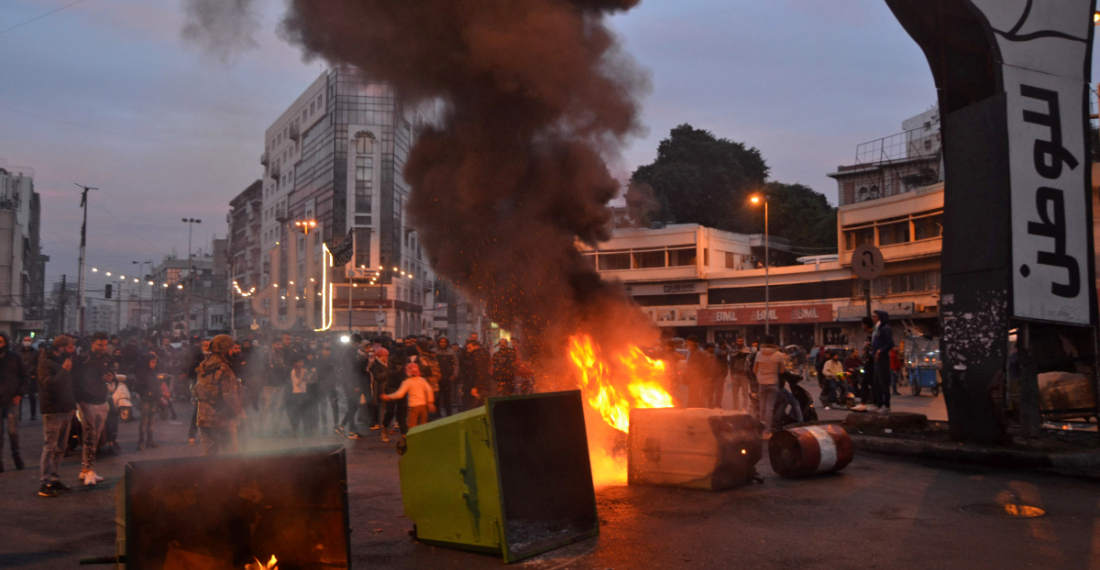Lebanon continues to face political turmoil with violent protests gripping some parts of the country.
Protests have been ongoing in the second-largest city, Tripoli, for almost a week now. The country is facing a strict lockdown to curb the spread of the pandemic but is also suffering its worst economic crisis with only a caretaker government in place. While the protest started primarily to air opposition to the strict lockdown in place, the growing anger among the demonstrators reflects frustration with the country's political and economic situation.
On Friday, the military was deployed after the situation between protestors and security forces escalated. Protesters set fire to several buildings in Tripoli on Thursday as outrage grew. Violence spread quickly with Molotov cocktails, hand grenades and stones launched at the security forces, who responded with tear gas, rubber bullets and then live ammunition. A young man was killed on Wednesday and over 200 were injured.
Various Lebanese leaders condemned the violence while accusing each other of exploiting the residents’ poverty and frustration for political gains. Lebanese President, Michel Aoun, exchanged accusations via statements with Prime Minister-designate, Saad Hariri. Lebanon’s caretaker Prime Minister, Hassan Diab, broke his silence on Saturday to condemn the violence in Tripoli, the country’s most impoverished city, describing it as “an assault on the state and its integrity.”
The Lebanese currency has lost around 80 per cent of its value against the dollar, and nearly half of the country’s population has been thrown into poverty.






